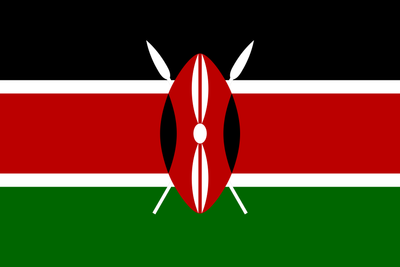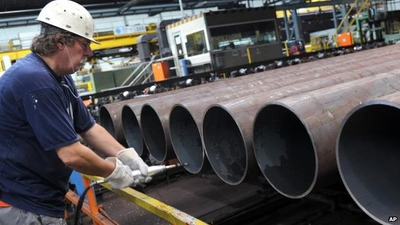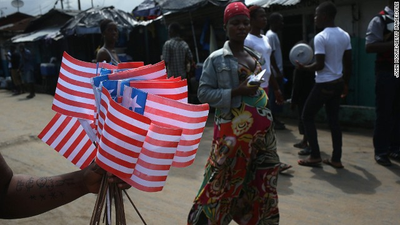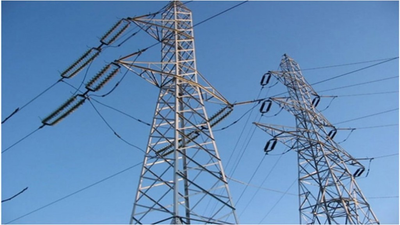Nigeria has slipped into recession, with the latest growth figures showing the economy contracted 2.06% between April and June.
The country has now seen two consecutive quarters of declining growth, the usual definition of recession.
Its vital oil industry has been hit by weaker global prices, according to the Nigerian Bureau of Statistics (NBS).
But the government says there has been strong growth in other sectors.
Crude oil sales account for 70% of government income.
The price of oil has fallen from highs of about $112 a barrel in 2014 to below $50 at the moment.
Outside the oil industry, the figures show the fall in the Nigerian currency, the naira, has hurt the economy. It was allowed to float freely in June to help kick-start the economy, but critics argued it should have been done earlier.
This economic recession comes as no surprise to millions of Nigerians. Many say they’ve never known it so tough.
The slump in global oil prices has hit Nigeria hard. The government depends on oil sales for about 70% of its revenues.
But critics say government policies made a bad situation even worse. The decision to delay devaluing Nigeria’s currency meant many businesses struggled to get foreign currency to pay for imports, which had a cooling effect on the entire economy.
Following enormous pressure, the government changed tack this summer, allowing the naira to float.
That’s led to a spike in inflation, but the hope is that it will attract foreign investors. The government also says the country needs to import less: it wants to see more products made in Nigeria.
Courtesy BBC News.




